Trouble in paradise: Recycling a tough proposition for US territories
Over at Waste Dive, they take a look at Puerto Rico, the United States Virgin Islands, and Guam, as the US territories struggle with recycling in waste management. Unlike the first two however, Guam now stands as a shining example of a legally compliant waste disposal jurisdiction that could set the example for the other territories.
While multiple U.S. island territories lack comprehensive strategies to divert any of this waste, they also hold more opportunity for recycling with the right planning and investment.
Recycling on islands is challenging due to their geographic isolation from end markets and lack of sufficient quantities to support processing investments. Industry professionals indicate shipping off island is expensive, with increasingly low profits, and say recycling activity is limited. Instead, waste often piles up in noncompliant landfills that experts describe as an approaching environmental catastrophe.
Currently, waste in Puerto Rico goes to one of 29 landfills on the island – most of which are over capacity and noncompliant under RCRA Subtitle D, or otherwise referred to as “open dumps.” The U.S. EPA has legal agreements to close 12 of them.
Randy Jensen, president and CEO of EC Waste, says these noncompliant landfills have the potential to attract vectors and vermin that infiltrate nearby neighborhoods and emit methane gas into the atmosphere. According to Jensen, they also seep leachate into the groundwater and don’t undergo any inspection process to verify what waste streams are going into the dumps.
…
Some 9,000 miles away, the Pacific island territory of Guam used to face a similar situation, with the island’s only dump leaching contaminants into a river that emptied into the ocean — posing an environmental health hazard and violating the Clean Water Act.
The EPA filed a consent decree ordering the territory to close the dump, which was approved in 2004. When the territory failed to meet the order’s deadlines to close the dump and build a new landfill by 2007, the court initiated a receivership and handed over operations of the Guam Solid Waste Authority to consulting firm Gershman Brickner & Bratton (GBB).
GBB improved the island’s waste collection system, closed the old dump, designed and constructed the new landfill, and transformed the waste management system into an economically sustainable model. Operations were transferred back to the government of Guam in April 2019.
While the situation isn’t promising, it does highlight the potential should the territories figure out economically sustainable ways to implement recycling on an at-large scale.

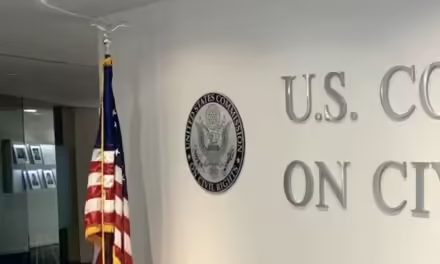

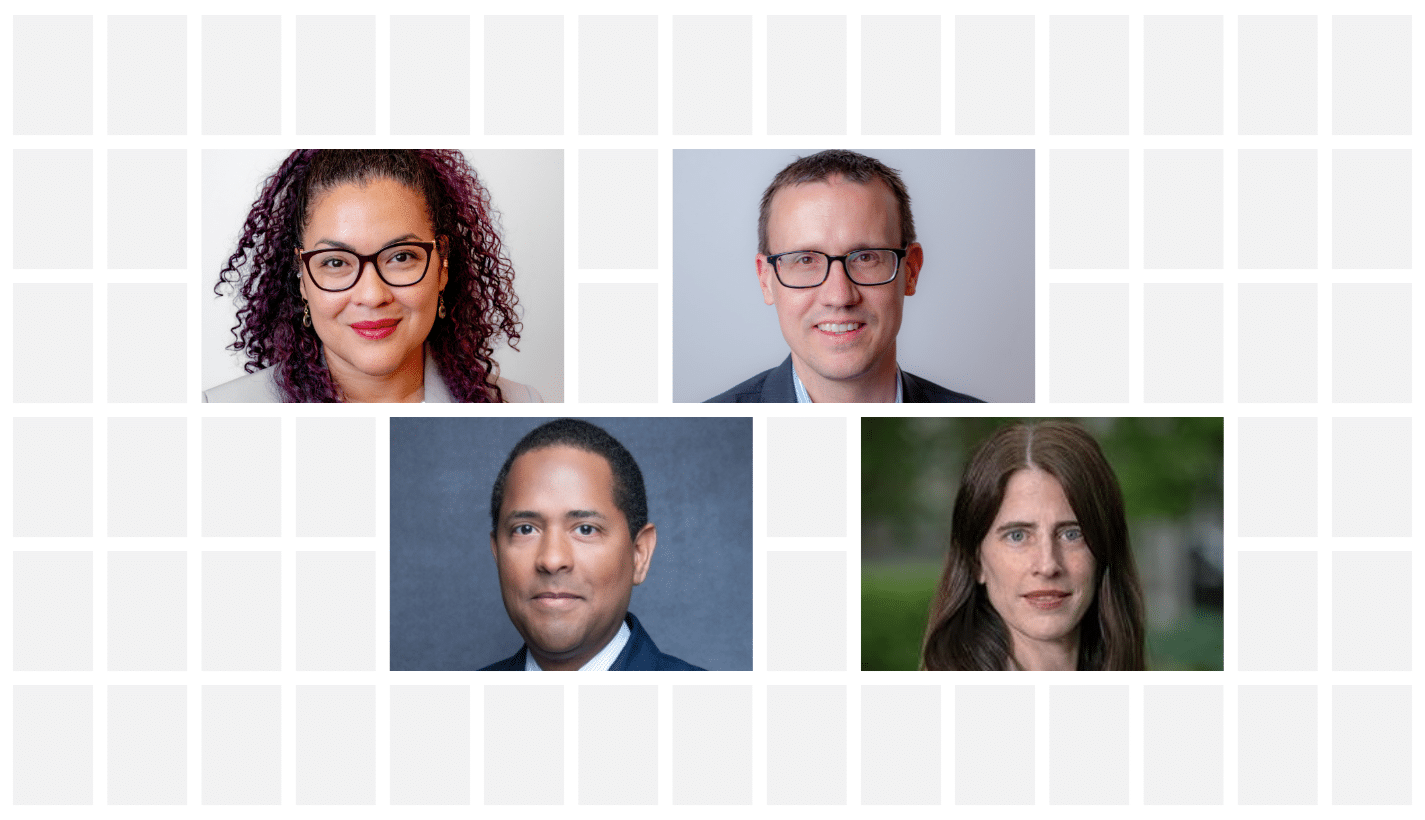
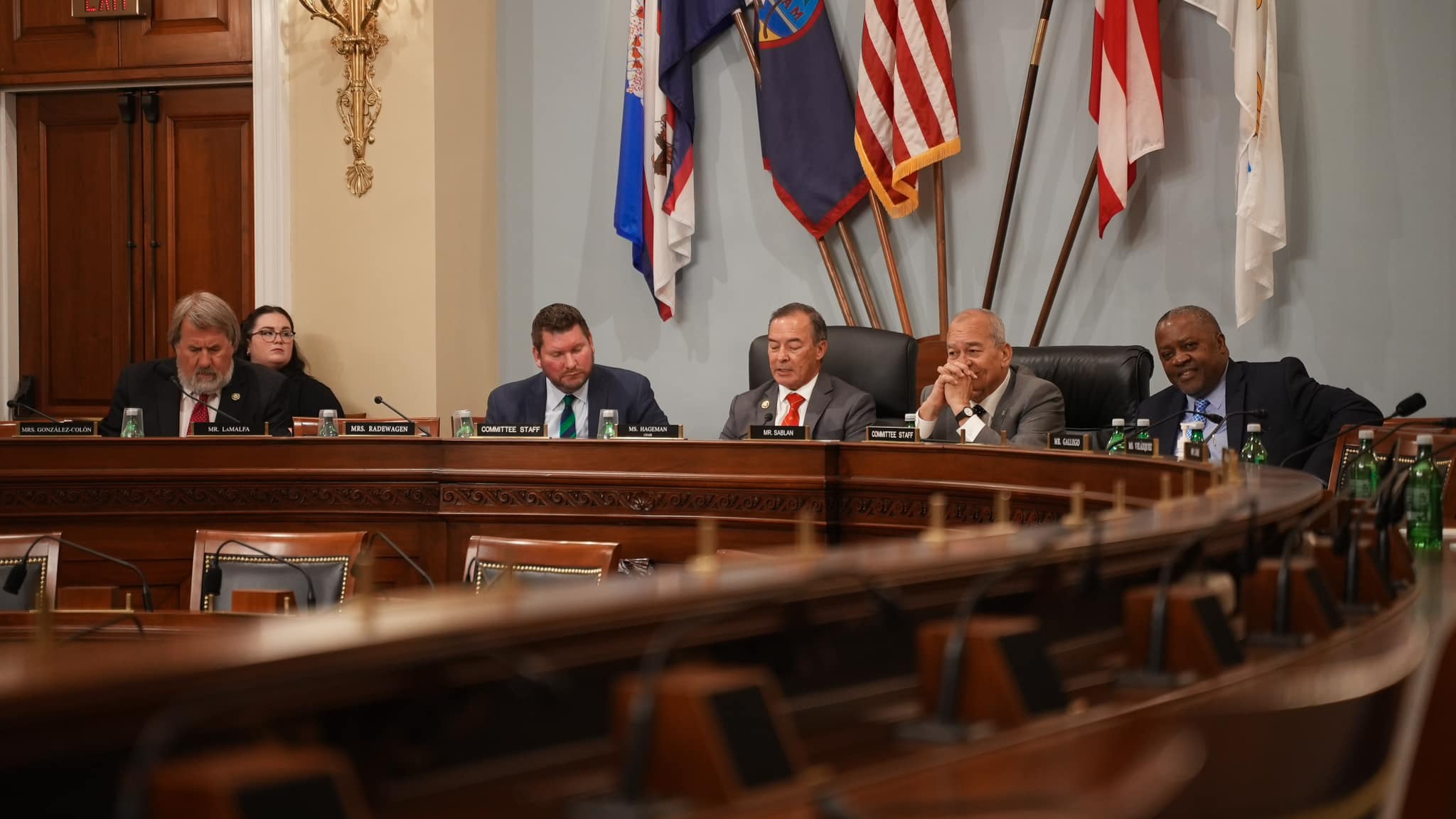
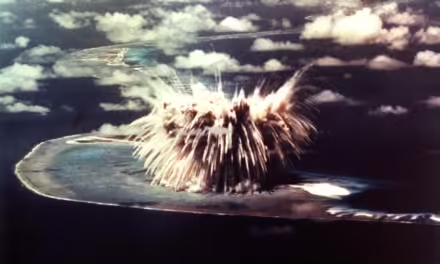
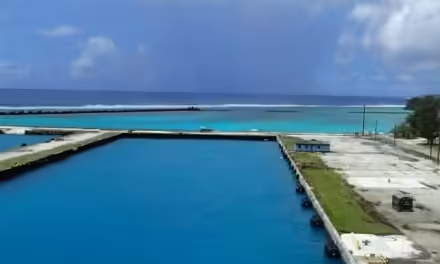
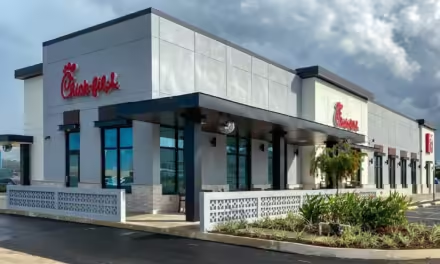

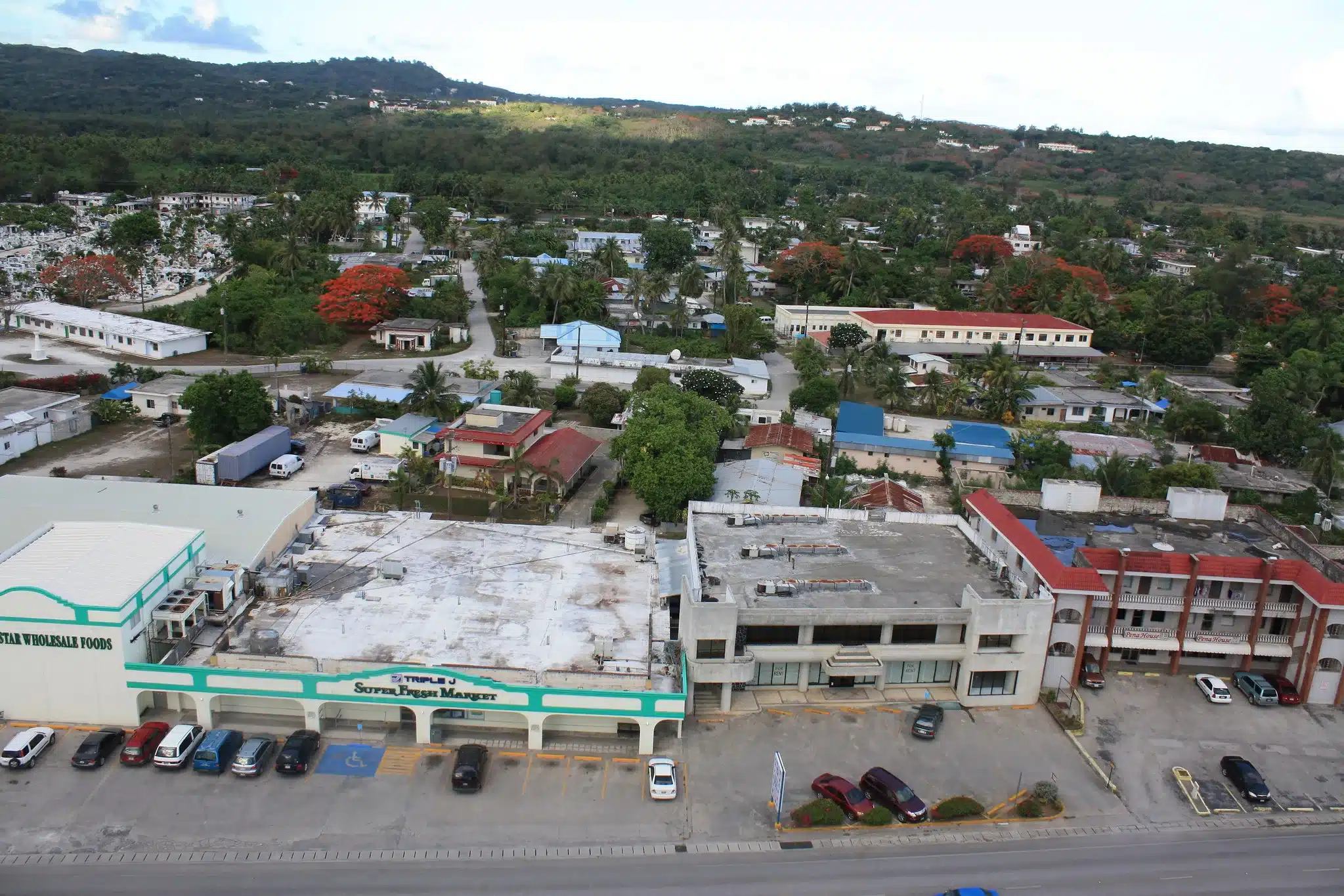
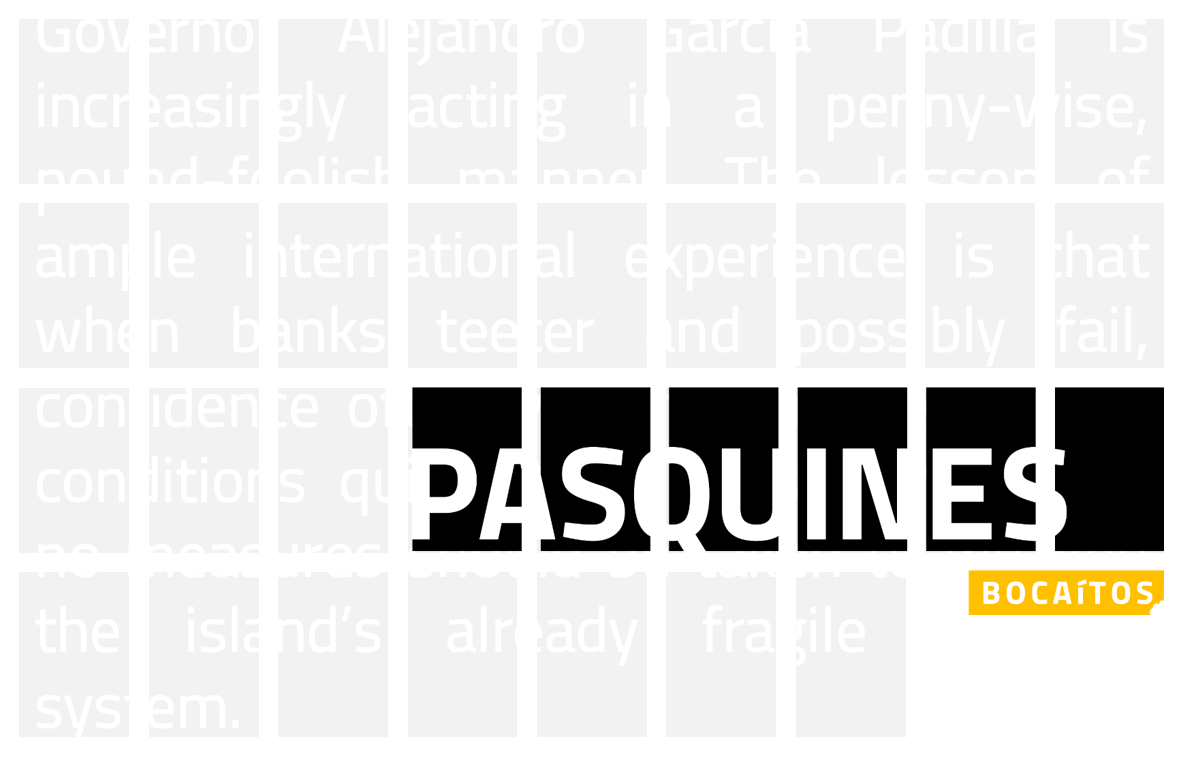



Trackbacks/Pingbacks